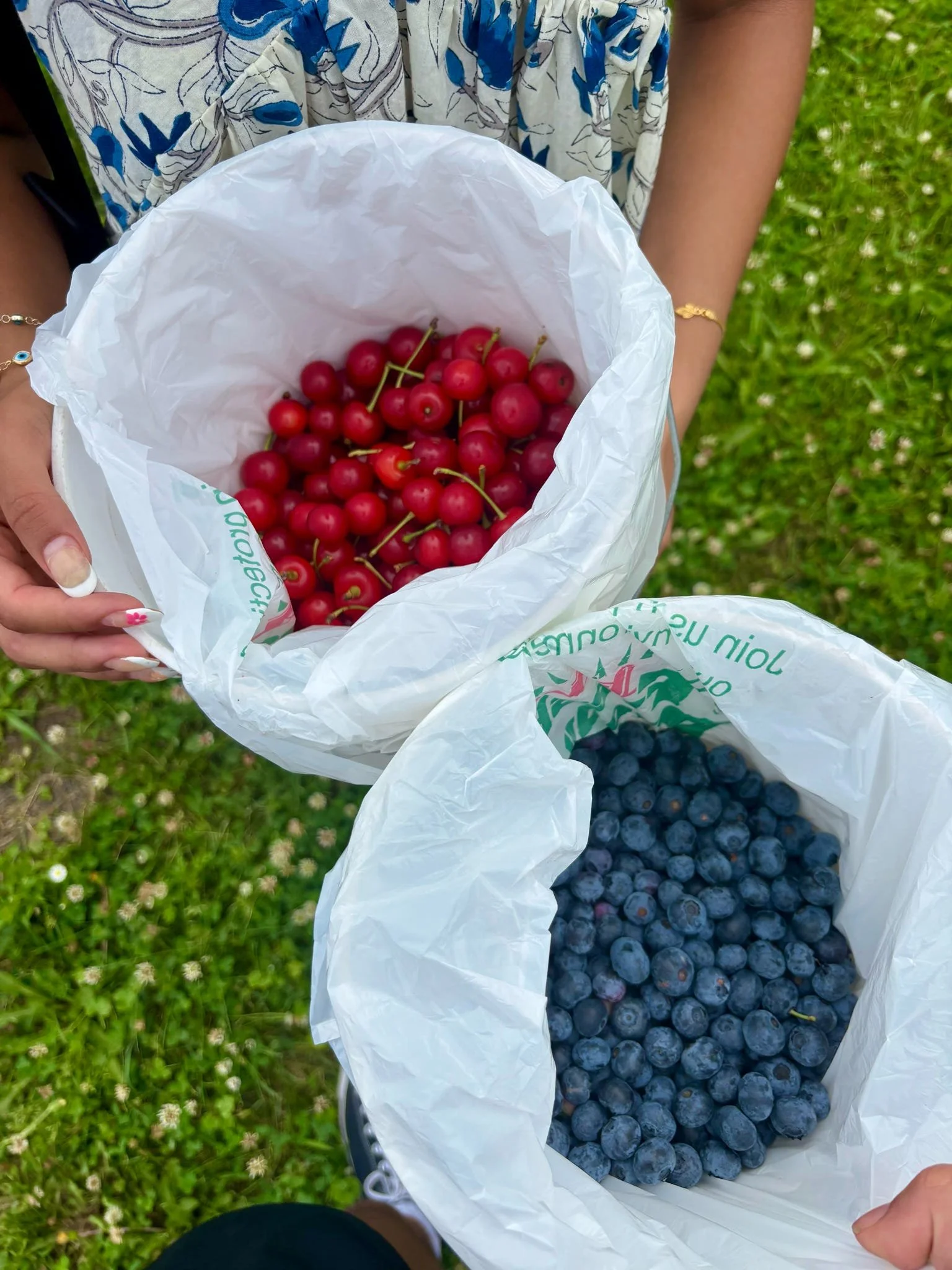Natures Nyquil
October 7th, 2025
Writer: Ansley Lilley
Editor: Charlie Zien
Cold and flu season on a college campus can feel like an invisible game of tag. One person in your lecture sneezes, waking up to the sound of your roommate coughing - suddenly you’re wondering if your next. As someone who hates getting to the point of taking common cold medicine, I am always reaching for my vitamins or the nearest bag of tea the second I hear my roommate or one of my friends start to cough. While there’s no miracle cure for the common cold, there are natural, science-backed ways to support your immune system and ease symptoms if you do get sick.
One of the best defenses against cold and flu season is keeping germs from spreading. This starts with the basics, like handwashing. You don’t need to scrub like a surgeon, but washing with soap and water for 20 seconds does a lot more than a quick rinse. Shared items like cups, utensils, and even chapstick are also sneaky germ-sharing culprits. Keeping your own dishes clean and rinsing produce before eating it may not seem glamorous, but these small steps can help you dodge an unwanted virus.
Of course, even the cleanest hands can’t save you if your body is run down. Sleep and stress play a massive role in how often we get sick. Research shows that people who don’t get enough rest or who live under constant stress are more likely to catch a cold. For college students, that means prioritizing sleep, even when exams and late-nights compete for your time. Aim for seven to nine hours when you can, and try small stress-relief habits like journaling, listening to music, or taking a quick walk. It doesn’t have to be complicated, what matters is giving your body a chance to recover and recharge.
Food also doubles as medicine during cold and flu season. Chicken soup might sound like a cliché, but studies suggest it really does help by easing inflammation, keeping you hydrated, and even loosening mucus. Every time I told my mom I wasn't feeling well, she immediately went to the kitchen and made something she likes to call "penicillin" soup. It's an Italian chicken soup recipe that adds garlic, ginger, and herbs like dill that enhance the benefits, since these ingredients have their own immune-supporting properties. I swear it always makes me feel so much better. If you can swap out instant ramen for a heartier soup now and then, your body will thank you.
Nutrients are another key component. Vitamin C (found in citrus, berries, and broccoli) is often overhyped as a cold preventer. While it won’t keep you from getting sick, it may shorten the duration of a cold if you ingest consistently. Vitamin D is another crucial nutrient: it supports immune cells and may reduce the severity of respiratory infections. Because sunlight can be scarce in fall and winter, foods like fortified milk, fish, and eggs are great options. One vitamin I take religiously everyday is Elderberry, which is packed with antioxidants and helps regulate immune responses. These aren’t miracle workers, but they add up to a healthier system overall.
Finally, don’t forget the basics: regular movement, plenty of water, and avoiding smoking all help your immune system function. You don’t need a gym membership to make this work,a brisk walk across campus or a ten-minute stretch session counts.
At the end of the day, there’s no single natural “cure” for the common cold. BRest, balanced nutrition, hydration, and simple natural remedies all combine to create what I like to call Nature’s NyQuil. These strategies may not completely shield you from your coughing roommate or the sniffles spreading in class, they give your body the best shot at bouncing back. Plus, taking care of yourself in these ways has a bonus effect: you’ll feel more calm, more energized, and more in control, which can make all the difference.
Next time you hear the familiar sound of a cough echoing down your dorm hallway, don’t panic. Eat some citrus, wash your hands, brew tea, and lean into the simple rituals that help your body stay strong. Nature’s NyQuil might not come in a bottle, but it’s more powerful than you think.
References
Mayo Clinic Staff. “Cold Remedies: What Works, What Doesn’t, What Can’t Hurt.” Mayo Clinic, 24 Oct. 2023, www.mayoclinic.org/diseases-conditions/common-cold/in-depth/cold-remedies/art-20046403.
“Supplements for Colds.” Health.com, www.health.com/supplements-for-colds-7973466.
Mayo Clinic Health System. “Fight Off the Flu with Nutrients.” Mayo Clinic Health System – Hometown Health, www.mayoclinichealthsystem.org/hometown-health/speaking-of-health/fight-off-the-flu-with-nutrients.

